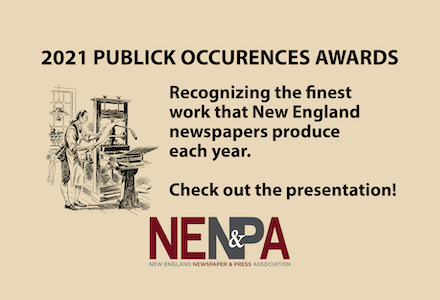Breaking news, the LJSA is back in the Build Back Better Act. H. Dean Ridings, CAE
CEO, America’s Newspapers reported that as of this afternoon, the Local Journalism Sustainability Act is back in the Build Back Better Act (budget reconciliation bill). The LJSA was removed last Thursday along with many other measures but was put back in as a result of the strong support from the bill’s sponsors and cosponsors, members of the Ways and Means Committee, and House and Senate leadership.
NENPA is joining with America’s Newspapers and asking newspapers in New England to help with a last-minute push of the Local Journalism Sustainability Act (LJSA). Reach out to your members of Congress today, particularly if they are a Senate co-sponsor of the LJSA, and ask them to let Sen. Schumer and Speaker Pelosi know how important it is to include the LJSA in the reconciliation bill.
The LJSA, a comprehensive legislative effort championed by America’s Newspapers and other leading media groups, is no longer included in the House of Representatives “Build Back Better” reconciliation bill.
The following updated editorial written by Steven Waldman, chair of the Rebuild Local News Coalition and the co-founder and president of Report for America is available for reprint. Additional resources and editorials are available at www.newspapers.org/ljsa.
Local news hangs in the balance
STEVE WALDMAN | REPORT FOR AMERICA
The Senate is now deciding the fate of local news.
As part of the Build Back Better Act, the Senate is in the next few days considering an important proposal: providing a payroll tax credit to local news organizations to retain or hire local journalists.
Why? Local news is in a deep crisis. The internet has fundamentally broken the business model of most local newspapers. The number of reporters has dropped by more than half since 2000.
There are at least 1,800 total “news deserts” — communities with no local newspapers at all — and thousands more have “ghost newspapers” that have been so gutted that they barely cover the community.
Professor Penny Abernathy, the leading authority on news deserts, this week projected that if past patterns continue more than 100 newspapers will close next year and 500 will shut in the next five years if Congress doesn’t act.
This is having catastrophic consequences. Studies have shown that when local news declines, communities have more corruption, more waste, lower voting, and even lower bond ratings. It cripples the community’s ability to solve their own problems.
How can residents know how to fix their schools if no one is providing them accurate independent information about how their local tax dollars are being spent? How can you address economic development, crime, or health care without knowing the facts? Where will people learn accurate information about local COVID vaccinations?
The decline of local news has fostered division and polarization. The vacuums that have been created have been increasingly filled by misinformation, national cable news, and fake local news sites. The only way to combat misinformation is with trusted, accurate information.
This is a thoroughly nonpartisan, bipartisan issue. The communities harmed are disproportionately Republican but every town and city suffers when people don’t have accurate information.
No journalist loves the idea of the government helping them out. The crisis has become so existential that temporary measures like this are necessary — and this particular provision is shrewdly constructed to avoid First Amendment problems. It’s a tax credit to all those newsrooms that cover local communities; there’s no federal bureaucracy dispensing grants to local newsrooms that the president likes. It’s content-neutral and would benefit newspapers, TV stations, websites, and public radio.
The cost is minuscule compared to the rest of the Build Back Better package — less than 0.1% of its total. But this provision is the only thing in the bill that would help save democracy.
Please urge your state’s senators and Senate Majority Leader Charles Schumer to support this nonpartisan provision to help save local news.



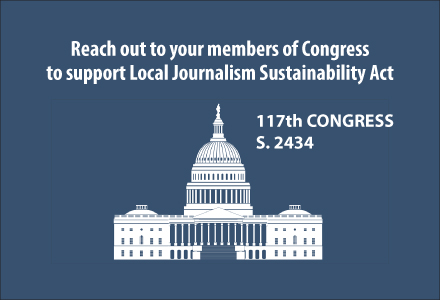
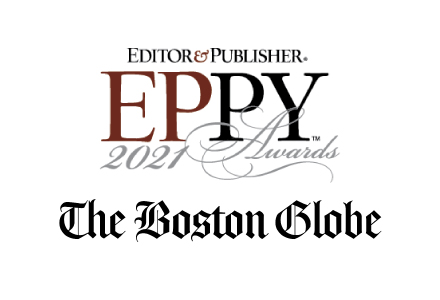
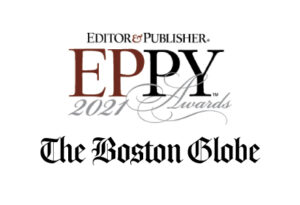 Editor & Publisher announced the 2021 EPPY Award Winners & Finalists on November 1.
Editor & Publisher announced the 2021 EPPY Award Winners & Finalists on November 1.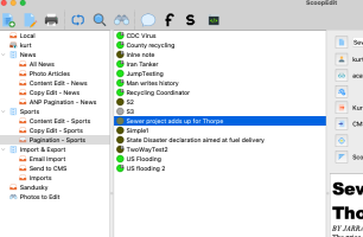
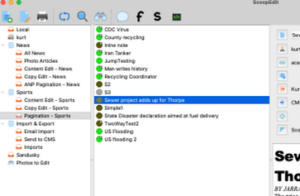

 The New England Newspaper and Press Association assisted with
The New England Newspaper and Press Association assisted with 

